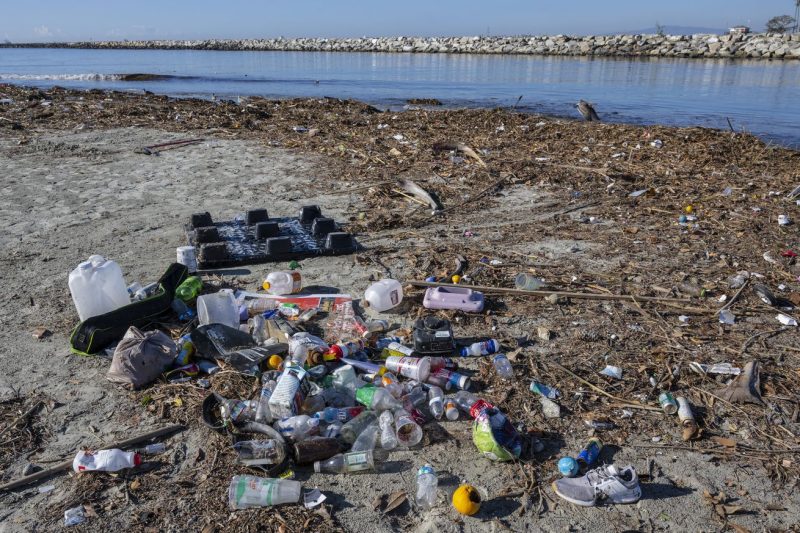
ExxonMobil Accused of Misleading the Public on Plastic Recycling in Lawsuit
ExxonMobil Deceived the Public with Plastic Recycling – Lawsuit Claims
The recent lawsuit filed against the multinational oil and gas corporation ExxonMobil has ignited a new discussion surrounding plastic recycling and the environmental impact of the company’s practices. The lawsuit, brought forth by the environmental organizations Earthworks and Plastic Pollution Coalition, alleges that ExxonMobil has engaged in deceptive marketing strategies regarding its plastic products and recycling initiatives. These claims shed light on a critical issue that has been at the forefront of environmental debates – the misleading information provided to the public by major corporations regarding the sustainability of their products.
One of the primary accusations in the lawsuit is that ExxonMobil has misled consumers by portraying plastic products as easily recyclable. This alleged deception has contributed to the widespread misconception that the plastic waste generated by these products can be effectively recycled and diverted from landfills and oceans. However, the reality is far more complex, as the recycling infrastructure in many countries is inadequate to handle the volume of plastic waste produced. Additionally, certain types of plastics are more challenging to recycle than others, further complicating the process.
Furthermore, the lawsuit claims that ExxonMobil has downplayed the environmental impact of plastic production and pollution. The expansion of the company’s plastic production facilities has contributed to the proliferation of single-use plastics, which have significantly contributed to the global plastic waste crisis. The inability of current recycling systems to effectively manage this increasing volume of plastic waste has led to the contamination of the environment, posing risks to wildlife and ecosystems.
ExxonMobil’s alleged deception has not only contributed to the perpetuation of myths surrounding plastic recycling but has also hindered efforts to address the root causes of plastic pollution. By misleading consumers about the recyclability of plastic products, the company has shifted the responsibility onto individuals to manage the plastic waste generated by their products. This misplaced emphasis on individual action distracts from the urgent need for systemic changes in plastic production, waste management, and environmental policies.
In conclusion, the lawsuit against ExxonMobil highlights the critical need for greater transparency and accountability in the plastic industry. Companies must be held responsible for the environmental impact of their products and the accuracy of the information provided to consumers. Addressing the challenges of plastic pollution requires a multi-faceted approach that involves industry regulation, consumer education, and investment in sustainable alternatives. By challenging deceptive practices and advocating for greater environmental stewardship, we can work towards a cleaner and healthier planet for future generations.
